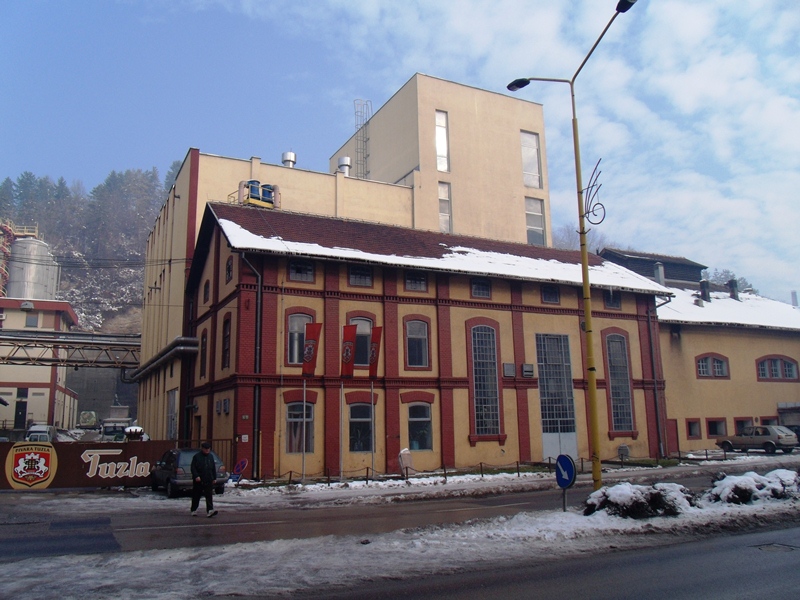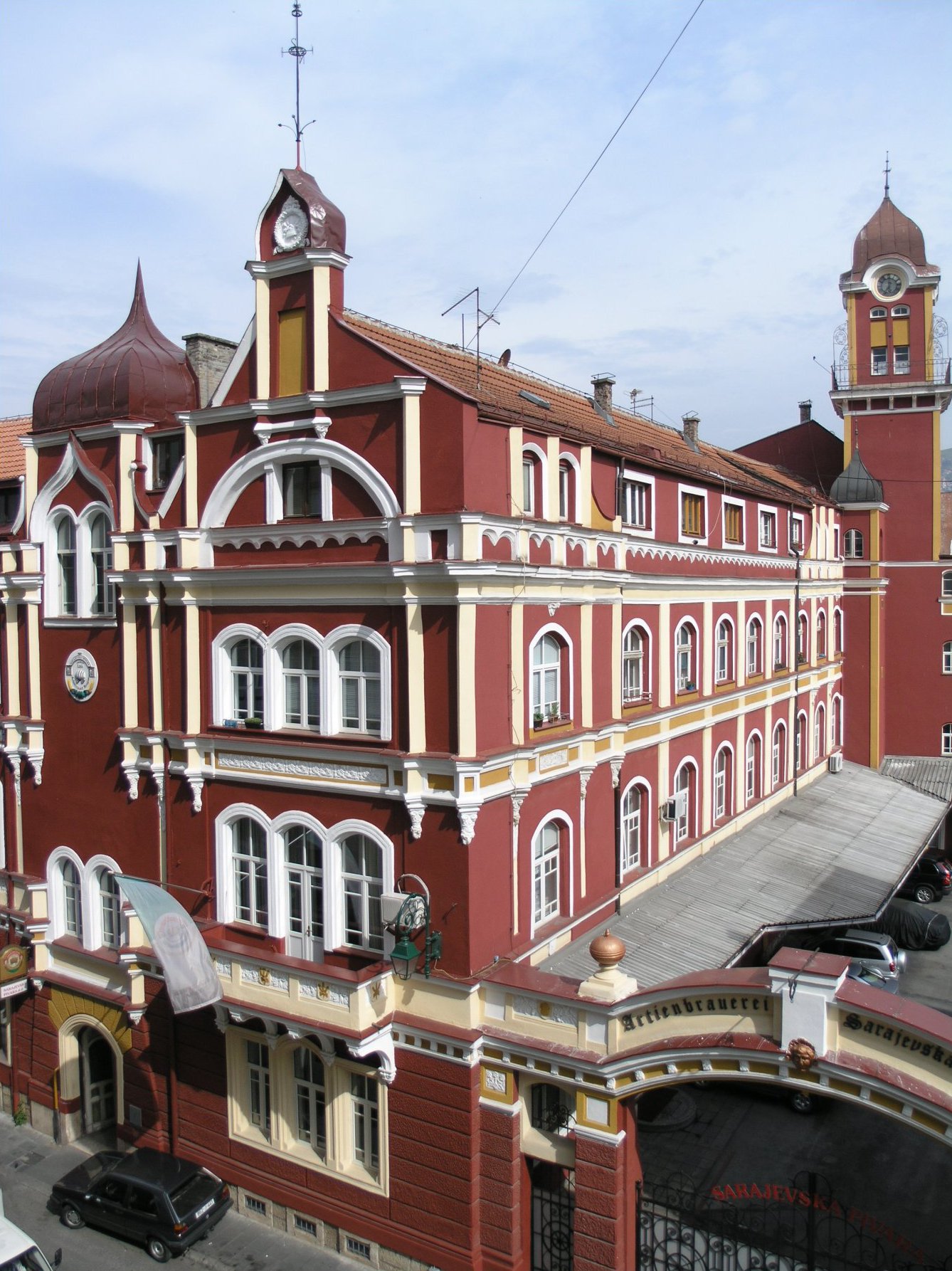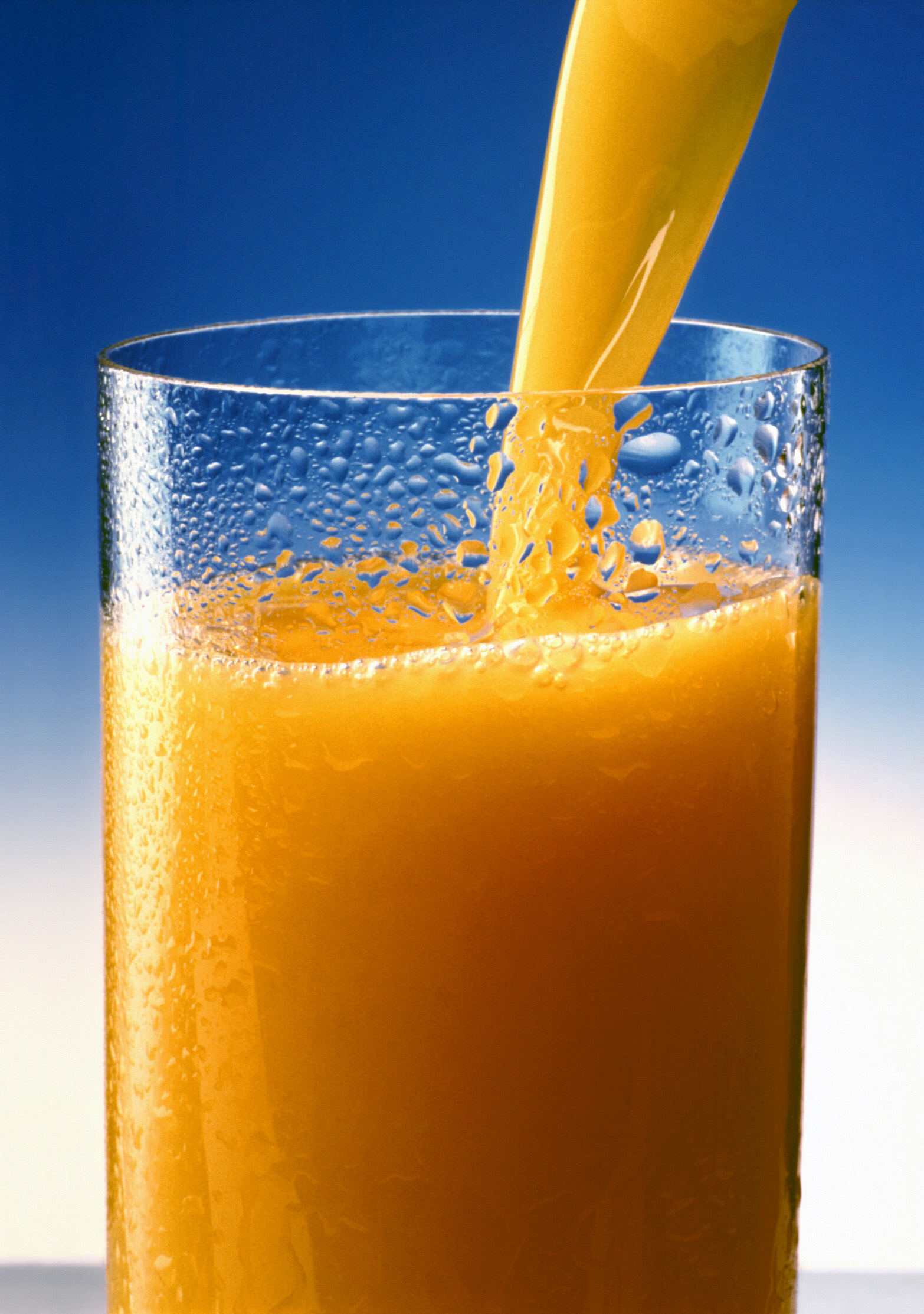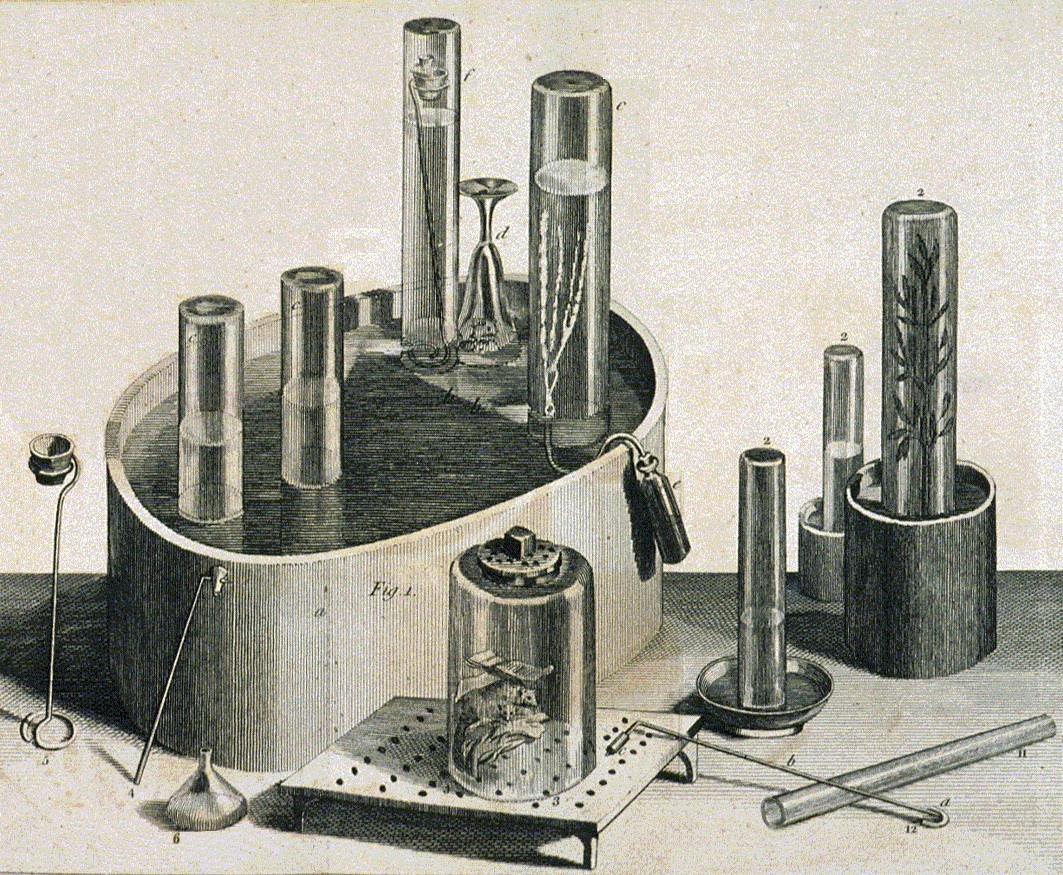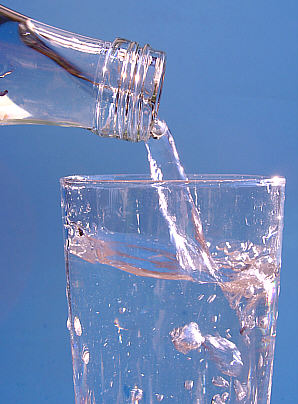|
Pivara Tuzla
Pivara Tuzla or Tuzla brewery, is a Bosnian brewing company founded in 1884, based in Tuzla, Bosnia and Herzegovina. It is the third oldest brewery in Bosnia and Herzegovina. History Pivara Tuzla was founded in 1884 under the name Erste Dampf Brauerei (The first steam brewery) Dolnja Tuzla, by Tasing and Köhn, who brought a Czech pilsner beer brewing technique. With the arrival of the Austro-Hungarian rule in Bosnia and Herzegovina, Austro-Hungarian rule to the Tuzla area, industrial capacities were expanded. Tuzla Brewery also owns a line of supplementary product programs installed at the end of the nineties, which is used for the production of soft drinks and mineral water. Brands *Tuzlanski pilsner (pilsner) *Erster beer (lager) *Crno Premium beer (Dunkel, dark beer) *Radler Premium beer (radler) *Tuzlanski kiseljak (mineral water) *Panonska Ledena (soft drink) *Laganese (juice) *Fenix (energy drink) References {{reflist External links Pivara Tuzla web sitePivara Tuzla a ... [...More Info...] [...Related Items...] OR: [Wikipedia] [Google] [Baidu] |
Public Company
A public company is a company whose ownership is organized via shares of stock which are intended to be freely traded on a stock exchange or in over-the-counter markets. A public (publicly traded) company can be listed on a stock exchange (listed company), which facilitates the trade of shares, or not (unlisted public company). In some jurisdictions, public companies over a certain size must be listed on an exchange. In most cases, public companies are ''private'' enterprises in the ''private'' sector, and "public" emphasizes their reporting and trading on the public markets. Public companies are formed within the legal systems of particular states, and therefore have associations and formal designations which are distinct and separate in the polity in which they reside. In the United States, for example, a public company is usually a type of corporation (though a corporation need not be a public company), in the United Kingdom it is usually a public limited company (plc), i ... [...More Info...] [...Related Items...] OR: [Wikipedia] [Google] [Baidu] |
Soft Drinks
A soft drink (see § Terminology for other names) is a drink that usually contains water (often carbonated), a sweetener, and a natural and/or artificial flavoring. The sweetener may be a sugar, high-fructose corn syrup, fruit juice, a sugar substitute (in the case of ''diet drinks''), or some combination of these. Soft drinks may also contain caffeine, colorings, preservatives, and/or other ingredients. Soft drinks are called "soft" in contrast with "hard" alcoholic drinks. Small amounts of alcohol may be present in a soft drink, but the alcohol content must be less than 0.5% of the total volume of the drink in many countries and localities See §7.71, paragraphs (e) and (f). if the drink is to be considered non-alcoholic. Types of soft drinks include lemon-lime drinks, orange soda, cola, grape soda, ginger ale, and root beer. Soft drinks may be served cold, over ice cubes, or at room temperature. They are available in many container formats, including cans, glass bo ... [...More Info...] [...Related Items...] OR: [Wikipedia] [Google] [Baidu] |
Food And Drink Companies Established In 1884
Food is any substance consumed by an organism for nutritional support. Food is usually of plant, animal, or fungal origin, and contains essential nutrients, such as carbohydrates, fats, proteins, vitamins, or minerals. The substance is ingested by an organism and assimilated by the organism's cells to provide energy, maintain life, or stimulate growth. Different species of animals have different feeding behaviours that satisfy the needs of their unique metabolisms, often evolved to fill a specific ecological niche within specific geographical contexts. Omnivorous humans are highly adaptable and have adapted to obtain food in many different ecosystems. The majority of the food energy required is supplied by the industrial food industry, which produces food with intensive agriculture and distributes it through complex food processing and food distribution systems. This system of conventional agriculture relies heavily on fossil fuels, which means that the food and agricultural ... [...More Info...] [...Related Items...] OR: [Wikipedia] [Google] [Baidu] |
Beer In Bosnia And Herzegovina
Beer is a popular beverage in Bosnia and Herzegovina. Most of them were established in the19th century. The largest brewery is Sarajevska Pivara which was established in 1864. Other breweries include Pivara Tuzla (1884), Banjalučka Pivara (1873), Bihaćka Pivovara (1990), and Hercegovačka Pivovara in Mostar (2007) Breweries and brands The main beer in Bosnia and Herzegovina is lager, drunk in over 95% of the cases. Popular brands are: *''Preminger'' *''Nektar Nektar (German for ''nectar'') is an English progressive rock band formed in Hamburg, West Germany in 1969, by guitarist and lead vocalist Roye Albrighton, keyboardist Allan "Taff" Freemon, bassist Derek "Mo" Moore, and drummer Ron Howden. H ...'' *'' Tuzlanski pilsner'' *'' Sarajevsko pivo'' *'' Erster'' Major Breweries *Sarajevo Brewery - Sarajevska pivara *Tuzla Brewery - Pivara Tuzla *Bihać Brewery - Bihaćka pivovara *Banja Luka Brewery - Banjalučka pivara *Herzegovina Brewery - Hercegovačka p ... [...More Info...] [...Related Items...] OR: [Wikipedia] [Google] [Baidu] |
Juice
Juice is a drink made from the extraction or Cold-pressed juice, pressing of the natural liquid contained in fruit and vegetables. It can also refer to liquids that are flavored with concentrate or other biological food sources, such as meat or seafood, such as clam juice. Juice is commonly consumed as a beverage or used as an ingredient or flavoring in foods or other beverages, as for smoothies. Juice emerged as a popular beverage choice after the development of pasteurization methods enabled its preservation without using fermentation (which is used in wine production). The largest fruit juice consumers are New Zealand (nearly a Cup (unit), cup, or 8 ounces, each day) and Colombia (more than three quarters of a cup each day). Fruit juice consumption on average increases with a country's income level. Etymology The word "juice" comes from Old French in about 1300; it developed from the Old French words "''jus, juis, jouis''", which mean "liquid obtained by boiling herbs". Th ... [...More Info...] [...Related Items...] OR: [Wikipedia] [Google] [Baidu] |
Soft Drink
A soft drink (see § Terminology for other names) is a drink that usually contains water (often carbonated), a sweetener, and a natural and/or artificial flavoring. The sweetener may be a sugar, high-fructose corn syrup, fruit juice, a sugar substitute (in the case of ''diet drinks''), or some combination of these. Soft drinks may also contain caffeine, colorings, preservatives, and/or other ingredients. Soft drinks are called "soft" in contrast with "hard" alcoholic drinks. Small amounts of alcohol may be present in a soft drink, but the alcohol content must be less than 0.5% of the total volume of the drink in many countries and localities See §7.71, paragraphs (e) and (f). if the drink is to be considered non-alcoholic. Types of soft drinks include lemon-lime drinks, orange soda, cola, grape soda, ginger ale, and root beer. Soft drinks may be served cold, over ice cubes, or at room temperature. They are available in many container formats, including cans, glass bot ... [...More Info...] [...Related Items...] OR: [Wikipedia] [Google] [Baidu] |
Radler
Shandy is beer or cider mixed with a lemon or a lemon-lime flavored beverage. The citrus beverage, often called lemonade, may or may not be carbonated. The proportions of the two ingredients are adjusted to taste but are usually half lemonade and half beer/cider, resulting in a lower ABV for the finished drink. Shandies are popular in the UK, Europe, Australia, New Zealand, South Africa, and Canada (where they are sometimes known by the French name ''Panaché''). In some jurisdictions, the low alcohol content of shandies exempts them from laws governing the sale of alcoholic beverages. Etymology The debated origin of the term (recorded first in 1888) is shortened from ''shandygaff'', from Britain in 1853 and itself of obscure source. Variants by name ''Shandy'' is a popular drink in UK and is usually ordered as either "bitter shandy" (50/50 bitter beer and fizzy lemonade) or "lager shandy" in which lager is substituted for the ale. ''Radler'' ''Radler'' (German for "cyc ... [...More Info...] [...Related Items...] OR: [Wikipedia] [Google] [Baidu] |
Dunkel
Dunkel, or Dunkles, is a word used for several types of dark German lager. ''Dunkel'' is the German word meaning ''dark'', and dunkel beers typically range in color from amber to dark reddish brown. They are characterized by their smooth malty flavor. In informal terms, such as when ordering at a bar, "dunkel" is likely to mean whatever dark beer the bar has on tap, or sells most of; in much of north and western Germany, especially near Düsseldorf, this may be Altbier. In Bavaria, Dunkel, along with helles, is a traditional style brewed in Munich and popular throughout Bavaria. With alcohol concentrations of 4.5% to 6% by volume, dunkels are weaker than Doppelbocks, another traditional dark Bavarian beer. Dunkels are produced using Munich malts which give the Dunkel its color. Other malts or flavors may also be added. Many dunkels have a distinctive malty flavor that comes from a special brewing technique called decoction mashing. Most commonly, dunkel beers are dark lagers, ... [...More Info...] [...Related Items...] OR: [Wikipedia] [Google] [Baidu] |
Lager
Lager () is beer which has been brewed and conditioned at low temperature. Lagers can be pale, amber, or dark. Pale lager is the most widely consumed and commercially available style of beer. The term "lager" comes from the German for "storage", as the beer was stored before drinking, traditionally in the same cool caves in which it was fermented. As well as maturation in cold storage, most lagers are distinguished by the use of ''Saccharomyces pastorianus'', a "bottom-fermenting" yeast that ferments at relatively cold temperatures. Etymology Until the 19th century, the German word ''Lagerbier'' ( de) referred to all types of bottom-fermented, cool-conditioned beer in normal strengths. In Germany today, it mainly refers to beers from southern Germany, either "Helles" (pale) or "Dunkel" (dark). Pilsner, a more heavily hopped pale lager, is most often known as "Pilsner", "Pilsener", or "Pils". Other lagers are Bock, Märzen, and Schwarzbier. In the United Kingdom, the term c ... [...More Info...] [...Related Items...] OR: [Wikipedia] [Google] [Baidu] |
Mineral Water
Mineral water is water from a mineral spring that contains various minerals, such as salts and sulfur compounds. Mineral water may usually be still or sparkling (carbonated/effervescent) according to the presence or absence of added gases. Traditionally, mineral waters were used or consumed at their spring sources, often referred to as "taking the waters" or "taking the cure", at places such as spas, baths, or wells. The term ''spa'' was used for a place where the water was consumed and bathed in; ''bath'' where the water was used primarily for bathing, therapeutics, or recreation; and ''well'' where the water was to be consumed. Today, it is far more common for mineral water to be bottled at the source for distributed consumption. Travelling to the mineral water site for direct access to the water is now uncommon, and in many cases not possible because of exclusive commercial ownership rights. There are more than 4,000 brands of mineral water commercially available worldwide ... [...More Info...] [...Related Items...] OR: [Wikipedia] [Google] [Baidu] |
Austro-Hungarian Rule In Bosnia And Herzegovina
Bosnia and Herzegovina fell under Austro-Hungarian rule in 1878, when the Congress of Berlin approved the occupation of the Bosnia Vilayet, which officially remained part of the Ottoman Empire. Three decades later, in 1908, Austria-Hungary provoked the Bosnian Crisis by formally annexing the occupied zone, establishing the Condominium of Bosnia and Herzegovina under the joint control of Austria and Hungary. History Occupation Following the Russo-Turkish War (1877–1878), in June and July 1878 the Congress of Berlin was organized by the Great Powers. The resulting Treaty of Berlin caused Bosnia and Herzegovina to nominally remain under sovereignty of the Ottoman Empire, but was de facto ceded to Austria-Hungary, which also obtained the right to garrison the Sanjak of Novi Pazar. According to article 25: The provinces of Bosnia and Herzegovina shall be occupied and administered by Austria-Hungary. The government of Austria-Hungary, not desiring to undertake the administ ... [...More Info...] [...Related Items...] OR: [Wikipedia] [Google] [Baidu] |
